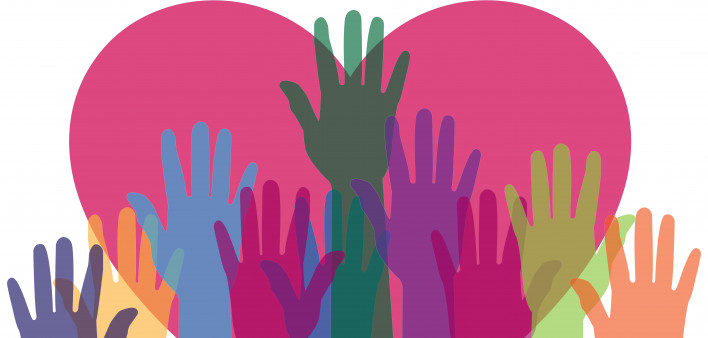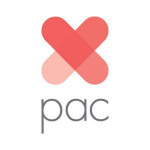In 2019, the Positive Perspectives Survey found that people living with HIV in several countries who had been informed about U=U by their providers adhered better to their HIV medications and hence remained undetectable, reported better sexual health and were more likely to tell sexual partners about their HIV status because they could also share the news of their inability to transmit the virus. The study found that folks who heard about U=U through other means also benefited, but the optimal mode of learning about it was via a talk with one’s doctor.
That squares with what POZ was told by Antonio Urbina, MD, a professor and medical director at New York City’s Mt. Sinai Hospital, who has been an HIV clinician for about 25 years.
“My many straight and gay patients living with HIV alike have told me in the past decade that the knowledge of U=U has not only made them feel better about their own health, to know they’re living with HIV well suppressed, but about their feelings about relationships they are in or might be in,” he says. “They no longer worry about possibly transmitting HIV to someone they care about or are having sex with. They can give their partners that assurance whether or not the partners are on [the HIV-preventing regimen] PrEP [pre-exposure prophylaxis]. And they say that widespread knowledge of U=U out there has dramatically reduced HIV stigma and the once awful, painful rejection they often faced from potential partners.”
Having said that, Urbina did note that, when he has told patients about U=U in the past decade, his gay male patients “tend to immediately believe it and feel confident about it, while sometimes my straight patients will need more affirmation that it’s accurate.” He attributes this to the fact that generally there is more conversation about sexual health in gay social and online networks than there is among straight folks and to the fact that the gay community is smaller and more digitally connected. “Different populations have different exposure to social media conversations,” he says.
Even before the definitive data of 2011 and after confirming U=U, Urbina says, “I always felt that staying suppressed decreased the chance of transmission, but I couldn’t say to my patients with confidence that it reduced it to zero.”
But after the data confirmed that it did, “I started sharing the news openly with my patients,” he says. “Some said, ‘I always knew that was true.’ Others needed to digest it and let it percolate, but then they often tell me they become more comfortable having conversations about it with not just their regular sexual partners but with hookups. They’re more likely to say, ‘Hey, I’m positive, but I’m undetectable.’” (And that’s important, we should note, because, despite efforts at legal reform and modernization in recent years, more than half of U.S. states still have laws criminalizing folks with HIV for not disclosing their HIV status before sex, even if preventive measures like undetectability and/or condoms were in play.)
Urbina recalls a patient, a straight cisgender Latino man with longtime HIV. “He had a new girlfriend whom he had told about his HIV status, and they were using condoms. He told her he’d heard about U=U, and she said that made her open to having sex without condoms. He asked me, ‘Can you confirm for me that I cannot transmit HIV?’ and when I said, ‘Absolutely,’ I could see his happiness and joy.”
Of course, the past decade of U=U knowledge also coincides with the emergence of PrEP, the oral or injectable HIV-prevention regimen for negative folks. “For anyone negative in a relationship with an HIV-positive but undetectable person who still wants to be on PrEP, I would support that,” says Urbina, “not so much for averting HIV in the relationship but if they have sex outside of it.”
Urbina says that, overall, U=U is one of the best things to happen to his HIV patients. “It’s further allowed the destigmatization of HIV and has improved my patients’ personal and sexual lives. It’s introduced a new era where people with HIV have nearly unlimited options for living a fulfilled life.”







Comments
Comments